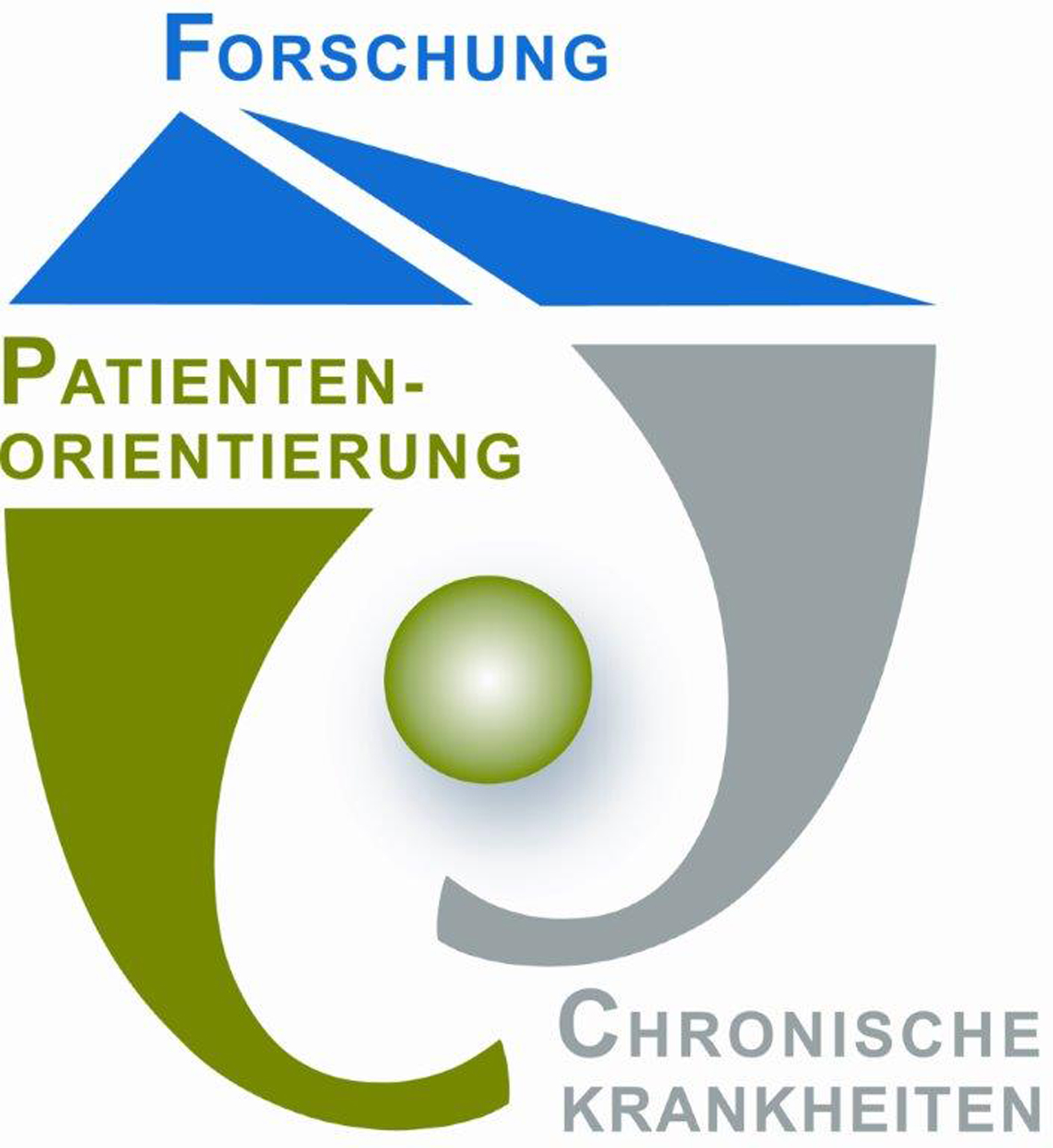Development and Evaluation of an ICF-Based Patient Education Program for Stroke

Rehabilitation is the health strategy that enables people with health conditions to reach and maintain optimal functioning in interaction with the environment. In order to achieve this goal the active involvement of patients in managing their own health care and rehabilitation process, in partnership with health professionals, is essential. One prerequisite for this is that patients are aware of the own level of functioning and feel confident about their own abilities to influence their current level of functioning, so-called "self-efficacy". A suitable tool for enhancing a patient's perceived self-efficacy has been patient education programs.
Supported by the German Federal Ministry of Education and Research (BMBF), we initiated a project to develop a patient education program targeted at enhancing stroke patients' perceived self-efficacy in relation to their functioning. Since the ICF has proven to be useful in structuring the rehabilitation process and specific interventions, the project also examined the extent the ICF could be used to developed and structure the patient education program.
Due to the use of the ICF it was possible to come to a flexible, highly standardized and structured patient education taking into account the whole experience of functioning resulting from the interaction between the health condition and environmental factors.
The patient education program is structured in three modules:
- In Module 1 (first day) participants are supported to identify their current level of functioning and the aspects of the environment that influence it. The comprehensive ICF Core Set for stroke was used to select the relevant specific areas of the life domain functioning which could become limited after a stroke event and a pool of cards containing relevant areas of the life domain functioning was developed;
- In Module 2 (second to fourth day) participants are supported to identify problems within impaired areas, to look for solutions and to seek for information. Two categories that were most frequently identified as limited in module one are chosen and discussed in each of the three days of module II;
- In Module 3 (fifth and last day) the own level of functioning is reflected, problems and solutions discussed in the previous days are summarized.
The effectiveness of the program was evaluated in a prospective, single-blinded, randomised multicentre trial. The RCT with two follow ups - at discharge and 6 months after discharge - included over 200 stroke survivors undergoing inpatient rehabilitation in seven neurological rehabilitation clinics in Germany. The interventions were "standard neurological rehabilitation" plus "ICF-based patient education" and "standard neurological rehabilitation" plus "attention-placebo-intervention"(controls). The primary outcome examined was self-efficacy and the secondary outcomes were life satisfaction and self-perception of the impact of the stroke on life, The data was analyzed using the "multi-level model for change". While a positive change was observed for self-efficacy and participation in both groups, emotional functioning worsened. Although better outcomes were observed in the intervention group, statistical significance between the intervention and control groups was not reached.
This patient education program is the first self-management program that integrates the bio-psycho-social model of the ICF. Due to the universality of the ICF and availability of ICF Core Sets, it is possible to adapt the patient education program as an intervention in different chronic conditions.
Currently, both an adaptation of the program to caregivers of persons with Dementia and to persons with stroke receiving ambulatory rehabilitation are taking place in the UK and in Brazil, respectively.
The manual of the ICF-based Patient Education Program is available on request from Carla.Sabariego@med.lmu.de
Cooperation partners
- Fachklinik Herzogenaurach (Dr. Schupp)
- RehaZentrum Nittenau (Prof. Henze)
- Fachklinik Kipfenberg (Prof. Nowak, Herr Dr. Wiederer)
- Medical Park Loipl (Prof. Sander)
- Klinikum Passauer Wolf (Dr. Rink)
- Klinikum am Europakanal (Dr. Weber)
- Klinikum Bad Neustadt (Dr. Rusche)
- NeuroCom Isarwinkel (Fr. Ulze)
Duration
03/2008 – 01/2011
Funding
Federal Ministries of Education and Research (BMBF) – Funding priority “Translational Research on Patient-Centred Approaches to Chronic Disease Care”
Responsibilities
Prof. Dr. Alarcos Cieza, MPH
Dr. Carla Sabariego, MPH, (Coordinator)
Research Unit for Biopsychosocial Health
Contact
Dr. Carla Sabariego, MPH
Carla.Sabariego@med.lmu.de
Link
Publications
- Sabariego C, Barrera AE, Neubert S, Stier-Jarmer M, Bostan C, Cieza A. (2013) Evaluation of an ICF-based patient education programme for stroke patients: a randomized, single-blinded, controlled, multicentre trial of the effects on self-efficacy, life satisfaction and functioning. Br J Health Psychol. Nov; 18(4):707-28. doi: 10.1111/bjhp.12013. Epub 2012 Dec 17. PubMed PMID: 23252844.
-
Neubert S, Sabariego C, Stier-Jarmer M, Cieza A. (2011) Development of an ICF-based patient education program. Patient Educ Couns. Aug;84(2):e13-7. doi: 10.1016/j.pec.2010.07.021. Epub 2010 Aug 11. PubMed PMID: 20705411.

